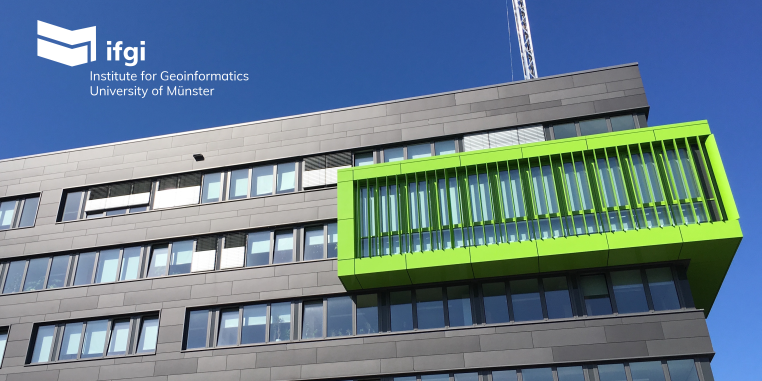


New exam regulations for Bachelor Geoinformatics (starting WS 2025/26)
A new amendment to the examination regulations for the Bachelor's program in Geoinformatics has been in effect since February 3. It applies to all students enrolled in the Bachelor's program in Geoinformatics starting in the winter semester of 2025/26. The amendment also applies to all students enrolled since the summer semester of 2021 -however, with regard to the amendment, only if the relevant modules have not yet been started or completed before the start of the winter semester of 2025/26.
Third amendment to the examination regulations for the Bachelor of Science (B.Sc.) Geoinformatik, 3 February 2025

Research Communication: “Windscope” receives funding


